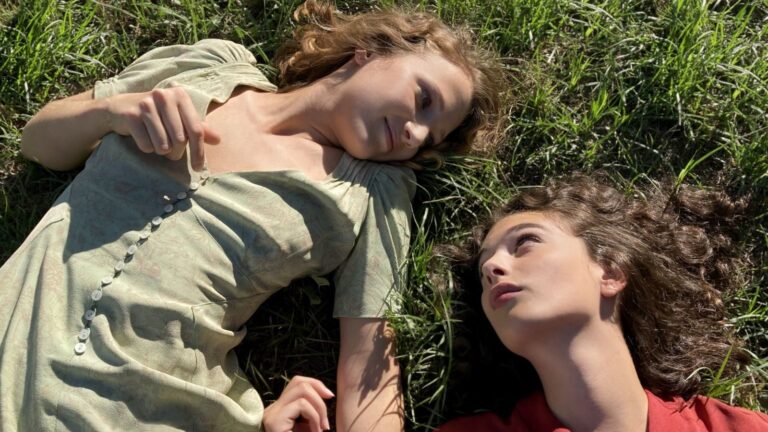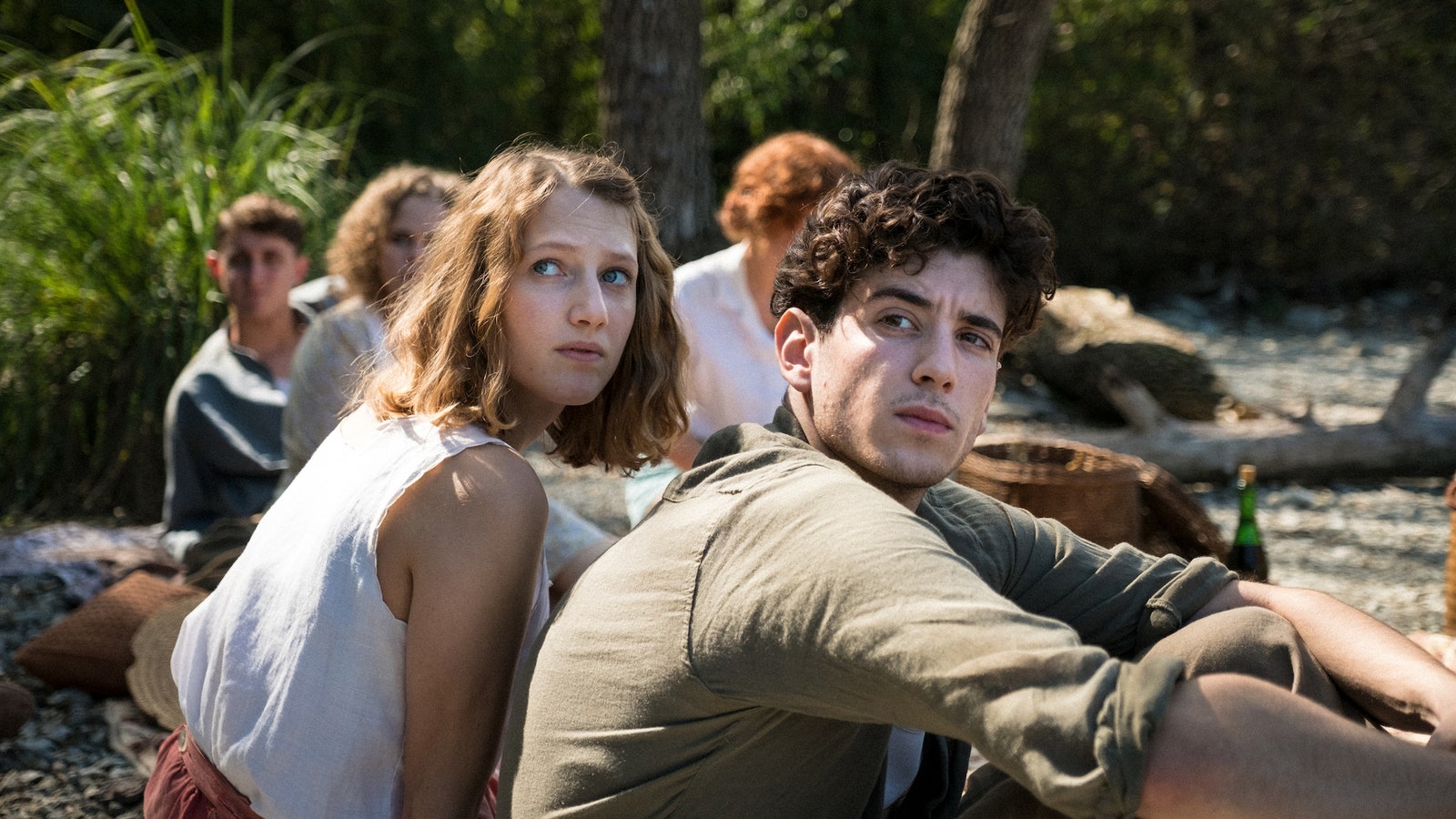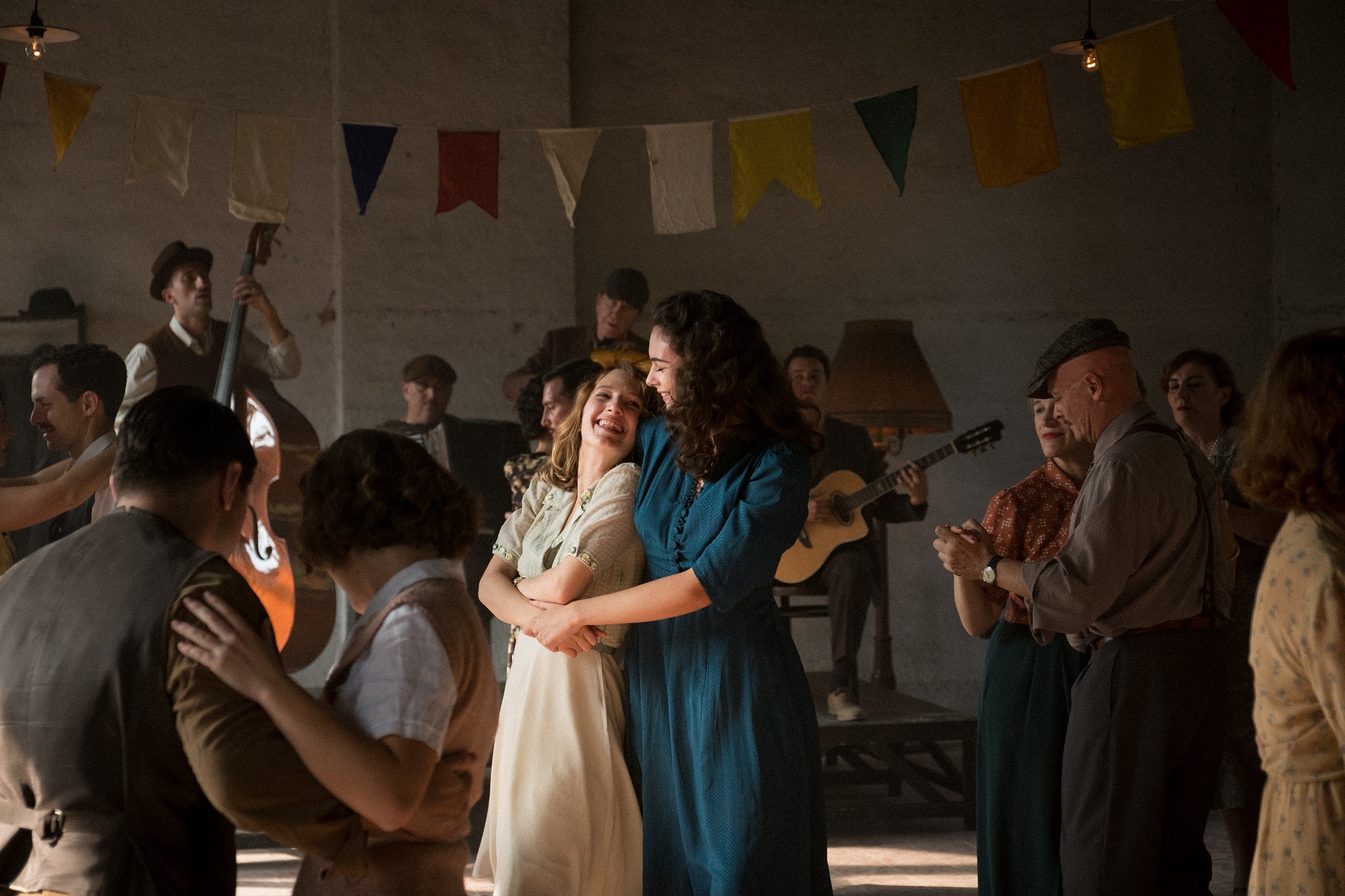
Cesare Pavese was one of Italy’s most influential writers of the 20th century. One of his short stories La bella estate, published in 1949, was part of a book of novellas that won the author the Strega Prize, the most prestigious Italian literary award, in 1950. Decades later the Italian screenwriter-director Laura Luchetti adapted this story for the screen, bringing to life The Beautiful Summer.
The film is currently at Open Roads: New Italian Cinema, the annual showcase of the best in new Italian cinema that takes place at Lincoln Center, now in its 23rd edition. Prior to this kermesse, The Beautiful Summer premiered at the 75th Locarno Film Festival.
Luchetti’s picture brilliantly conveys the atmosphere of the geographical surroundings and social milieu. Thus, we see a poetically foggy Turin, during an era where gender roles constricted women in specific clichés: the Forties. The original tale is a coming-of-age story, and Laura Luchetti enhances this topic majestically. The film shows with delicacy the transition from adolescence to adulthood through exploration, discovery and ultimately disappointment and renaissance.

Ginia (Yile Yara Vianello) is a young lady who works in an atelier as a seamstress, although she aspires also to draw the models of the dresses and she actually demonstrates to have a knack for it. She comes from the countryside and lives in Torino with her brother Severino (Nicolas Maupas), who toils in a factory. Ginia becomes friends with a girl who is older and more experienced than her, Amelia (Deva Cassel), who works as a model for some painters. This bewitching young woman will draw Ginia into her bohemian circle of friends and in a lifestyle that the ingenue considers more exciting than her own. An unexpected attraction blossoms between the two girls, as they keep entertaining themselves with what have become their mutual friends Rodrigues (Adrien Dewitte) and Guido (Alessandro Piavani). Amelia eventually discovers, through a doctor (Andrea Bosca), that she suffers from a severe health condition. Meanwhile, the way Ginia’s new acquaintances are influencing her life will draw the two girlfriends temporarily apart.
The cast couldn’t be more perfect. Yile Vianello is ideal for the role of Ginia. The actress — who grew up in Tuscany in a rural and isolated ecovillage — started working in auteur cinema at the age of twelve, debuting with Alice Rohrwacher’s Corpo Celeste and working with her again in La Chimera. Just as fitting for the role is the daughter of Monica Bellucci and Vincent Cassel — Deva Cassel — whose beaming charm does not obscure her nuanced performance. It doesn’t surprise she has been cast to play Angelica in the Netflix series The Leopard, inspired by the novel of another illustrious Italian writer, Giuseppe Tomasi di Lampedusa. Also the male cast is very well assorted from Nicolas Maupas (who gained fame with the series The Sea Beyond), Adrien Dewitte, Alessandro Piavani and Andrea Bosca. Kudos to casting director Florinda Martucciello.

Cesare Pavese described his La bella estate as “the story of a virginity that defends itself,” and film director Luchetti authentically retraces the author’s intent. The Beautiful Summer has a stupendous production design by Giancarlo Muselli and cinematography by Diego Romero that transport viewers to Pavese’s misty (literally and metaphorically) ambiance. Filmmaker Luchetti orchestrates the cast and crew outstandingly, as she delves into the moral climate of the original story making it contemporary. The picture discusses the culture clash between the more authentic values of those coming from the countryside and the apparently unscrupulous city-dwellers.
Temptation, the dangers of debauchery for young people who keep bad company, and society’s sanctions on unaccepted affections, are all in the film. Laura Luchetti succeeds in making these themes resonate in today’s world, whilst maintaining the original setting.
Final Grade: B
If you like the article, please share your thoughts below!
Check out more of Chiara’s articles.
Photos by Matteo Vieille

